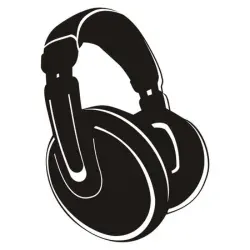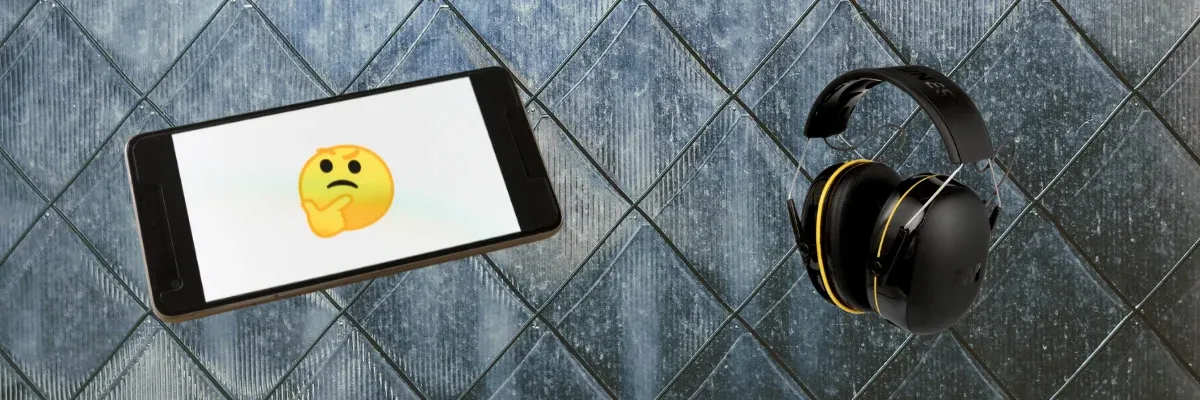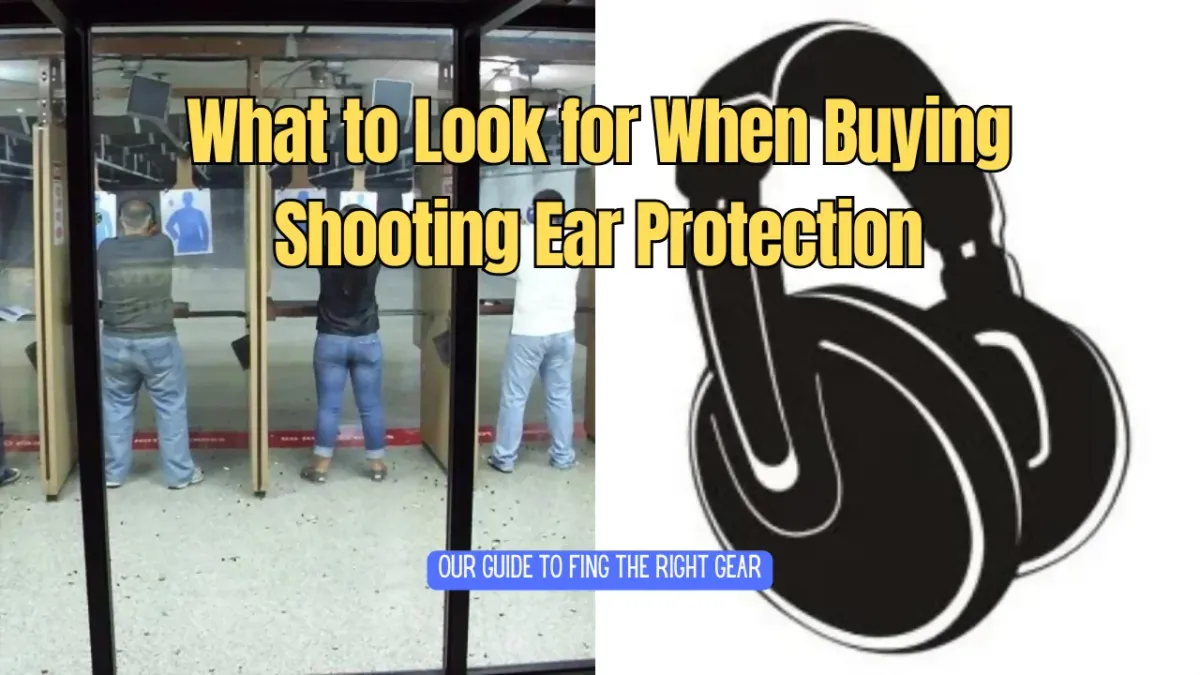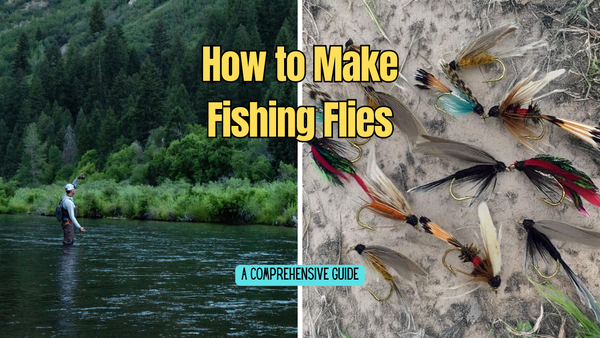Key Takeaways:
- No earplugs can block out all noise completely, but some can significantly reduce sound levels.
- The effectiveness of earplugs is measured by their Noise Reduction Rating (NRR).
- Custom-molded earplugs offer the best fit and potentially the highest level of sound reduction.

The Quest for Silence: Can Earplugs Truly Block All Noise?
In our noisy world, the search for peace and quiet can often lead us to the question: do any earplugs block out all noise? The short answer is no. However, earplugs can significantly reduce the amount of sound that reaches the eardrums. The effectiveness of earplugs is typically measured by their Noise Reduction Rating (NRR), which indicates the level of sound that can be blocked in an ideal situation.
Earplugs are designed to fit into the ear canal and create a seal that reduces the transmission of sound waves. The materials used, such as foam or silicone, and the design of the earplugs play a crucial role in how much noise they can block. While no earplug can achieve complete silence, some high-fidelity earplugs can reduce noise by up to 30 decibels, making a significant difference in loud environments.

Understanding Noise Reduction Ratings (NRR)
The Noise Reduction Rating (NRR) is a standard measure used in the United States to indicate the amount of potential noise reduction provided by a hearing protection device. Earplugs with a higher NRR are capable of reducing more noise. For instance, earplugs with an NRR of 33 are considered among the highest-rated for noise reduction.
It's important to note that the NRR is based on laboratory tests and may not reflect real-world performance due to factors such as improper fit or user error. To maximize the effectiveness of earplugs, it's crucial to follow the manufacturer's instructions for insertion and create a tight seal within the ear canal.
The Role of Material and Design in Noise Blocking
The material of earplugs significantly affects their noise-blocking capabilities. Foam earplugs, for example, are known for their ability to expand and conform to the shape of the ear canal, providing a snug fit and good noise reduction. Silicone earplugs, on the other hand, are more durable and can be molded to fit the ear but may not expand as well as foam.
The design of earplugs also plays a role in their effectiveness. Some earplugs are flanged, with multiple layers that help block different frequencies of sound. Others are designed with a hollow core to allow for better communication while still reducing harmful noise levels. The choice of material and design should be based on the specific noise reduction needs of the user.
Custom-Molded Earplugs: A Personalized Solution
For those seeking the highest level of noise reduction, custom-molded earplugs are an excellent option. These earplugs are created from an impression of the user's ear canal, ensuring a perfect fit that maximizes noise blocking. Custom-molded earplugs can be made from a variety of materials, including soft silicone, and are often used by professionals in noisy environments, such as musicians and construction workers.
While custom-molded earplugs can be more expensive than off-the-shelf options, their personalized fit often results in better noise reduction and a more comfortable wearing experience. They are also reusable and can last for several years with proper care.
The Impact of Proper Fit and Usage
Even the best earplugs can't provide optimal noise reduction if they're not used correctly. A proper fit is essential for earplugs to block sound effectively. This means they must be inserted deeply enough into the ear canal to create a seal without causing discomfort.
To ensure a proper fit, users should follow the instructions provided with the earplugs, which often include rolling the earplugs into a thin cylinder before insertion and holding them in place while they expand. Checking for a snug fit and no gaps is crucial for achieving the desired level of noise reduction.
Earplugs for Different Environments and Activities
Earplugs are not one-size-fits-all when it comes to different noise environments and activities. For example, sleeping earplugs are designed to be comfortable for long periods, while swimming earplugs are made to keep water out of the ear canal. Similarly, earplugs for shooting sports are designed to protect against the sudden, loud noise of gunfire.
Choosing the right type of earplugs for the specific activity or environment is important for both comfort and effectiveness. Users should consider the level of noise reduction needed as well as any additional features, such as water resistance or communication capabilities.
Limitations and Considerations for Hearing Protection
While earplugs can significantly reduce noise exposure, they do have limitations. They cannot block out all noise, especially at very low frequencies, which can be felt as vibrations. Additionally, over-reliance on earplugs can lead to a sense of isolation or difficulty hearing necessary sounds, such as alarms or conversations.
It's also important to consider the potential for earwax buildup or ear infections with frequent earplug use. Keeping earplugs clean and allowing the ears to breathe between uses can help mitigate these risks.

Summary
Earplugs are a valuable tool for reducing noise exposure, but they cannot block out all noise completely. The effectiveness of earplugs is measured by their NRR, and factors such as material, design, and proper fit play a significant role in their noise-blocking capabilities. Custom-molded earplugs offer the best fit and potentially the highest level of sound reduction, but they come at a higher cost. Regardless of the type of earplugs chosen, correct usage is essential for maximum effectiveness.

FAQs
Can earplugs block out all noise?
No, earplugs cannot block out all noise. They can significantly reduce noise levels, but some sound will still be able to penetrate the earplugs, especially at lower frequencies.
What is the highest NRR available for earplugs?
The highest NRR available for earplugs is typically around 33 decibels. However, the actual amount of noise reduction experienced can be less due to various factors, including improper fit.
Are custom-molded earplugs worth the investment?
Custom-molded earplugs can be worth the investment for individuals who require a high level of noise reduction and comfort, such as musicians or workers in noisy environments. They provide a personalized fit that can enhance the effectiveness of the earplugs.
What to look for when buying:











